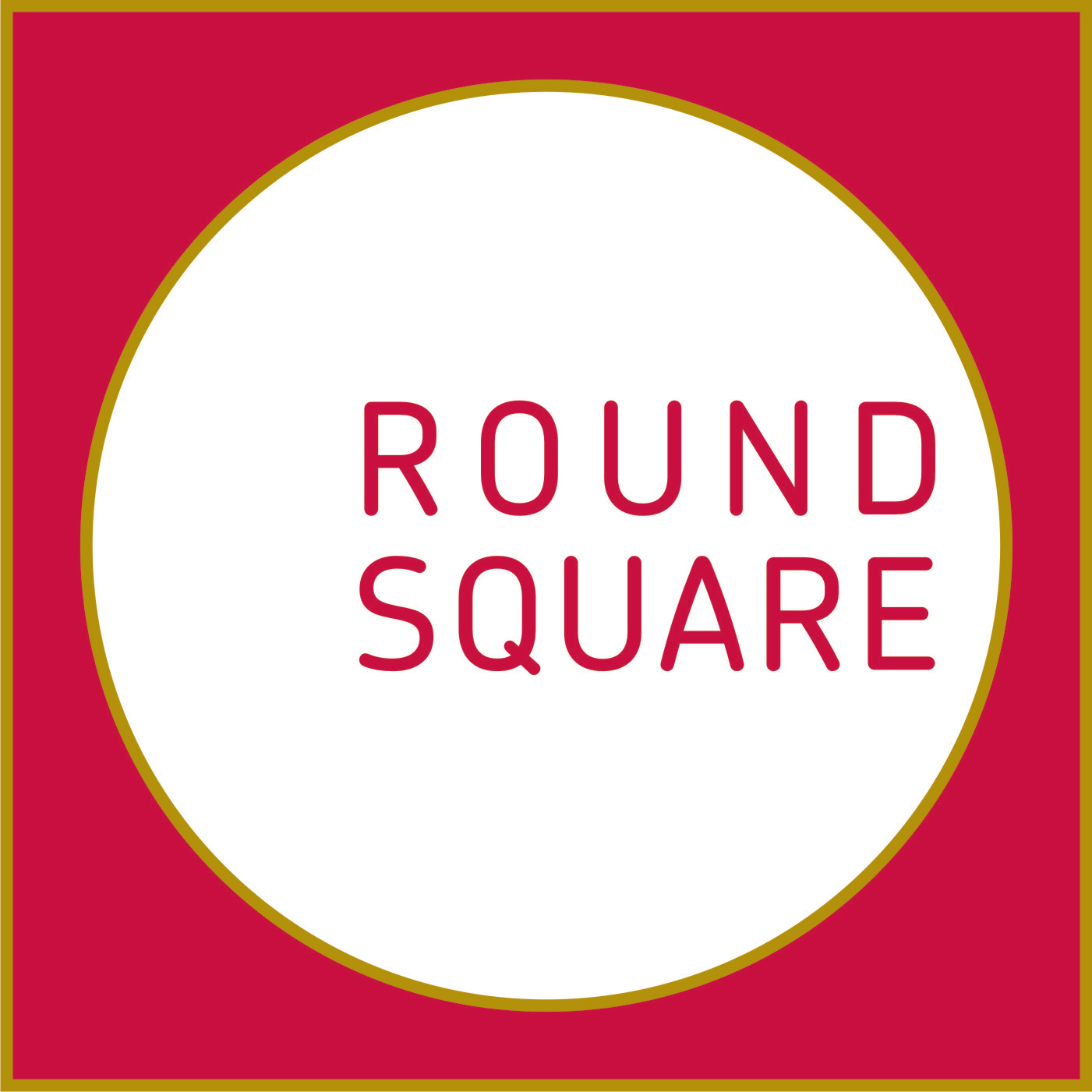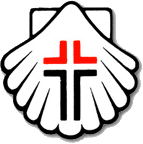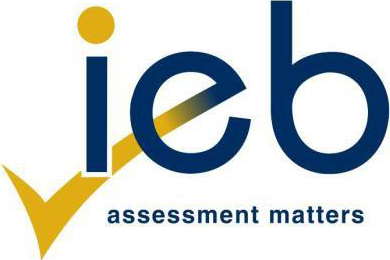INESPO 2016 – Amsterdam, The Netherlands
INESPO 2016 – Amsterdam, The Netherlands
29 May – 3 June 2016
Gabriella Fedetto – Johannesburg, South Africa
Gabi was awarded 3rd Place Bronze Medal for her project at the Delft University of Technology campus, the South African team won the robotics computer coding challenge. Mrs Fedetto thanked the College staff, "to all the teachers at St Stithians Girls’ College for their assistance, guidance and encouragement towards Gabi – special thanks to the Science Department teachers Mrs Nargaroo, Mrs Orsmond & Mrs Shaw and IT/Ms Martin knowledge gained for the computer coding robotics challenge J. We all wish that Simran Kaur who worked together with Gabi on this project could have been a part of this wonderful experience – it was very sad news that only one person was allowed to attend the International Olympiad."
Below is an article written by Gabi on her experience in The Netherlands.
INESPO 2016 International Environmental Sustainability Project Olympiad was an enriching experience in so many ways – both intellectually and culturally. Not only was I privileged enough to attend the Science Olympiad itself and display my project, while surrounded by like-minded scientifically inclined individuals – but too I was able to make international friendships, and experience the beauty of Amsterdam and the Netherlands.
On the way to Amsterdam, while “in transit” at OR Tambo and at Schiphol Airport, I took the opportunity to get to know my fellow South African Delegate – Amalia Geldenhuys – and our supervisor – Mrs Erika Hoffman. We became a very close-knit delegation throughout the trip, and herein it was wonderful to have a support system while in a foreign country and a new environment.
Upon arrival on Sunday, 29 May, the helpful INESPO volunteers ushered us to the shuttle that would take us to the Ibis Hotel near Schiphol Airport – where all of the delegates and supervisors would be staying. When we arrived at the hotel, we were somewhat exhausted from our 11 hour 5 minute flight, but after lunch and the opportunity to change into fresh clothes, we seized the opportunity to tour Amsterdam – as we were concerned we would not have time to do this during the week. In a lucky coincidence, we met with some other South African businesspeople at the hotel, who still had valid passes for all public transport in the city – which they kindly gave to us. On our self-guided adventure around the city, we experienced buses and trams, but mostly travelled on foot. We saw the Rijksmuseum, the Van Gogh Museum, and bought some Poffertjies traditional Dutch batter treats from a farmers market near the Van Gogh museum. Amalia and I also experienced our first Starbucks – a highly recommended experience by many friends back in South Africa. We returned to the hotel that evening exhausted yet satisfied – and I had already become enchanted by the city.
The following morning, we frantically checked that we had all of the necessary items for the Science Expo itself – as we would take an hour-long bus ride to the city of Utrecht, where the expo would be held at the Railway Museum Het Spoorwegmuseum. We set up our projects surrounded by real vintage trains, which was surreal. Judging immediately started. An international panel judged us over the next two days – although the judges consisted mostly of Dutch scientists and experts. The judging was tough, but I felt that I had fared well. I was concerned when I was informed that the Social Category that my project belonged to was still expected to solve an environmental problem. Unfortunately, my Medicine Dispenser was an engineering project designed to solve a purely social issue – of ensuring that people receive the full benefits out of their medication by taking it at the right time and in the right dosage. Regardless, I presented my project and emphasized its importance, as I would have anyway. During the showcasing period, I took the opportunity to view all of the other phenomenal projects from around the world – I found the concepts and the creators and innovators to be truly inspiring. Young people finding homegrown solutions for problems in their own contexts was an incredible and enriching thing to see.
Once I had been visited by 12 judges, and overall received very positive feedback as well as interest in South Africa itself, we dismantled our projects and were allowed to explore the Railway museum. The recreations of 19th and 20th century train stations and steam engines were fascinating.
The following day, we set off on an excursion to Den Haag The Hague – another city about 1 hour from the hotel. We were allowed the once-in-a-lifetime opportunity of receiving a VIP tour of Dutch parliament – which included a Q&A session with a member of parliament. As a debater and a person who is fascinated with Political Science, this was a remarkable experience for me. Beyond that, as a person interested in Engineering, the tour around Delft University of Technology a university devoted to Engineering courses was exciting. After a walking-tour around the vast campus, we participated in a workshop. Here, we had to use computer code to instruct a small robot to navigate a LEGO course. I found this unbelievably fun – especially considering that the South African delegation won the competition by successfully completing the most tasks with the robot.
That evening, I spent time with other delegates from Indonesia, China, Vietnam, Malaysia, Mexico, and Azerbaijan to name a few. We played cards and shared information about our home countries – which was truly fascinating.
Our final day in Amsterdam begun. We awoke to howling winds outside our window, and 12OC weather – but we set off on our excursion around Amsterdam regardless. We saw Zaanse Schans – a small replica of the Dutch countryside – complete with a cheese maker and windmills. We then continued onto the city centre, where we saw Madame Tussauds, took a boat tour, and then took a guided walking tour around the city. We were shocked to realize that we would not be returning to the hotel before the prize giving ceremony; we had not brought our formal attire with us. We managed, however, to take public busses back to the hotel and change in a record-breaking 15 mins. We made it back to Vrije University with time to spare – and looking much more presentable. I was honored to receive a 3rd Place Bronze Medal at the fair, and Amalia Geldenhuys received a 2nd Place Silver – making South Africa the top ranking country in Africa.
Overall, INESPO 2016 was an unforgettable experience. I became very close with Amalia during this time, as well as with many other delegates – and beyond that, my interest in the sciences, and with environmental issues was enhanced. Many thanks to all those who made this trip possible for me, especially to Eskom and the Expo Team.
Countries who participated at INESPO:-
- Afghanistan
- Albania
- Angola
- Azerbaijan
- Bangladesh
- Belarus
- Bosnia and Herzegovinia
- Brazil
- Bulgaria
- Cameroon
- Chad
- China
- Costa Rica
- Croatia
- Estonia
- Georgia
- Germany
- India
- Indonesia
- Iran
- Iraq
- Ireland
- Italy
- Kenya
- Kosovo
- Kyrgystan
- Luxembourg
- Macedonia
- Malaysia
- Mexico
- Moldova
- Morocco
- Mozambique
- Nigeria
- Philippines
- Poland
- Romania
- Senegal
- Slovenia
- South Africa
- South Korea
- Spain
- Taiwan
- Tajikistan
- Tanzania
- Thailand
- Turkey
- Turkmenistan
- Uganda
- Ukraine
- United States
- Vietnam




